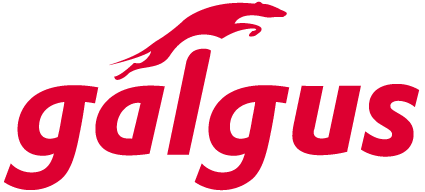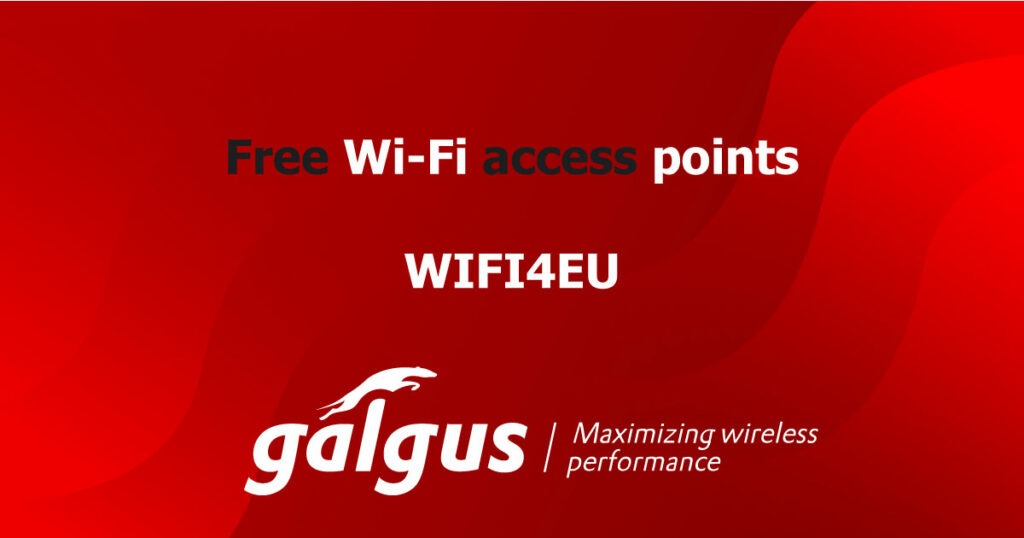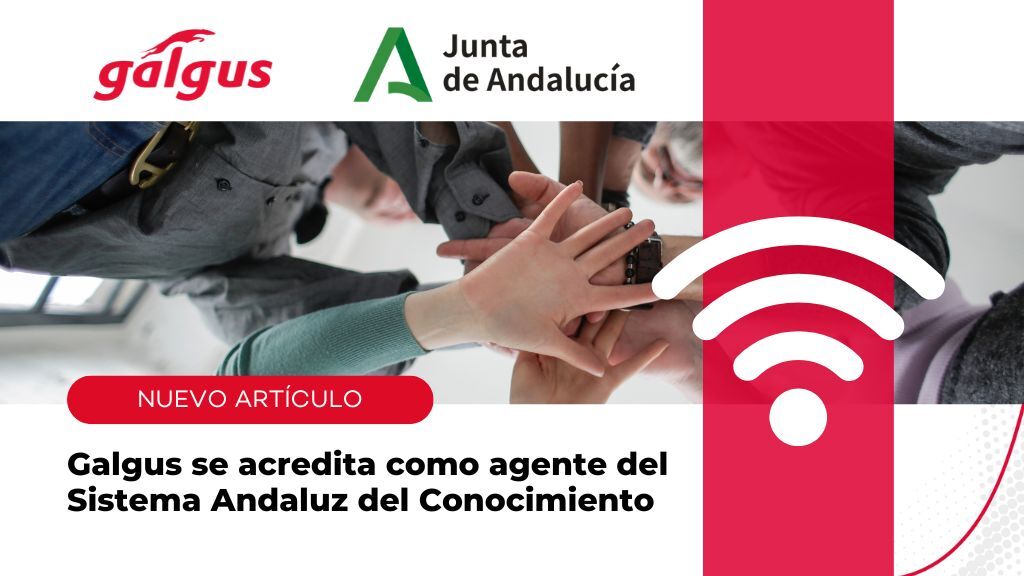Have you heard about the WiFi4EU programme, but don’t really know what it is? Do you have doubts about whether you can benefit from it? If so, what should you do? These are the most common questions related to this European initiative. Here we will answer them all. Not without first understanding why it is so necessary today.
What is the state of internet connectivity in Spain and the European Union?
To be aware of the connectivity situation in Spain, we have the Index of Dgital Economy and Society(DESI). According to this index, Spain is in fifth place in Europe in terms of connectivity, having improved three positions with respect to 2018. Other conclusions of interest arising from it are:
- Spain is rated more than 10% higher than the European average.
- Spain is particularly well placed with regard to very high capacity networks, reaching 89% of households.
- Fibre optics provide coverage to 80% of households, well above the EU average (34%).
- In rural areas, optical fibre reaches 46% of households, above the coverage rates for the whole of the EU (21%).
This level of deployment is due to:
- Commercial investments made by telecommunications operators.
- A favourable regulatory framework.
- An ambitious strategy providing grants to rural and sparsely populated areas.
Another issue we need to know is the speed of the internet connection. In Spain, its average value is 127.76 Mbps, placing it in 14th place worldwide, according to the global ranking made by the Internet diagnostic services company Ookla together with Devolo.
This Speedtest Global Index also shows that, in Europe, a 130 Mbps connection can be browsed or streamed without problems.
What is WiFi4EU?
We have just seen how support from institutions is key to promoting connectivity and reducing the digital divide. With no doubt, one of the most influential in this regard is WiFi4EU. What does this initiative consist of?
WiFi4EU is the result of the will of the European Union. Through it, bonds are granted to municipalities in member countries, in addition to Iceland and Norway, with which to establish WiFi access points for free, quality connection in public spaces, such as:
- Streets and squares.
- Parks.
- Administration offices.
- Public buildings: libraries, museums, health centres, civic centres, schools, sports centres, etc.
The WiFi4EU voucher can be used for financing:
- The installation of a completely new public WiFi network.
- The optimisation of an existing public WiFi network.
- The improvement of the coverage of a previously installed public WiFi network.
The municipalities benefiting from WiFi4EU will receive financial assistance of EUR 15 000. A single voucher from which each municipality can only benefit once. Those that have already received this grant will not be eligible for each call.
I want to participate in WiFi4EU, what should I do?
Although the current WiFi4EU call is closed, it is possible that new calls will be opened in the future.
The requirements set by the call have been:
- Commitment by the municipalities to keep the WiFi networks active and secure for 3 years.
- Establishing free and easily accessible high-speed broadband connections in public spaces.
- Acquire the necessary equipment and services through public procurement.
- Use the official languages of the State and, if possible, of the other Member States, as well as a predetermined visual identity.
How to implement WiFi4EU in your municipality, technical aspects
If you have been awarded the WiFi4EU voucher, you will need to know the main technical details of the associated networks. Broadly speaking, these are:
- Minimum download speed of 30Mbps.
- Allows at least 50 simultaneous users without a decrease in performance.
- The SSID of the wireless network will be «WiFi4EU», and the captive portal will be directly accessible without any password. An SSID can also be incorporated for internal use and another for secure local connections.
- Simultaneous dual-band (2.4GHz and 5GHz) and 2×2 MIMO
- Compatible with Hotspot 2.0, from the Wi-Fi Alliance.
- Support cycle and average time between failures over 5 years.
- Specialised and centralised single point of management for all access points.
- A minimum proportion between external and internal access points is established.
As you can see, the level of commitment on the part of the European Union to bring the Internet to all its corners is very high. WiFi4EU is one of its greatest exponents.
Municipalities benefiting from this aid must rely on companies that can deploy WiFi networks that meet the minimum requirements already mentioned. Among them, you can count on Galgus.
We have already helped dozens of locations throughout Spain to implement effective and secure wireless networks according to the provisions of WiFi4EU. To achieve this, we have access points such as:
Would you like to know more about how to enjoy all the benefits that WiFi4EU has for your neighbours? Are you a WiFi network installer or system integrator? We would like to help you out – here’s some more information!









